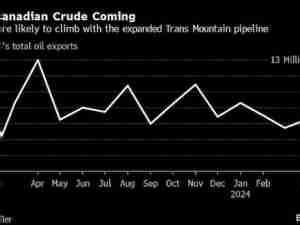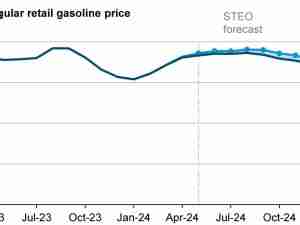Oil dipped as concerns mounted that tougher restrictions to slow the virus’s spread will continue to depress demand in the near term.
Futures in New York were little changed after falling as much as 1.4%. Equities sold off for a second day as global virus cases topped 67 million and efforts to pass another round of fiscal stimulus in the U.S. ran up against further obstacles.
Still, losses were limited as the U.K. issued its first Covid-19 vaccinations on Tuesday and a U.S. Food and Drug Administration staff report called the coronavirus vaccine made by Pfizer Inc. and BioNTech SE highly effective and safe.
“There’s been a really strong rally on expectations that the economy is going to get better, and it is, but it’s going to take a while,” said Bill O’Grady, executive vice president at Confluence Investment Management in St. Louis. “The real demand growth is coming from the emerging markets, not from the developed ones.”
After surging last month amid optimism over vaccine breakthroughs, the oil market is looking for its next catalyst as the world awaits a widespread rollout to jumpstart a revival in demand. In the meantime, the standout demand recovery in Asia has provided a saving grace for near-term consumption.
Still, supply-side uncertainties remain on the horizon, with Iran preparing to raise oil output as a Joe Biden presidency nears. At the same time, the United Arab Emirates will provide Asian buyers with a little more crude next month after OPEC+ reached a compromise deal on cuts.
A U.S. stimulus package could aid a rebound in oil demand, but time is running short on passing a bill before Congress’ year-end break. Senate Majority Leader Mitch McConnell continued to tout his own plan, dimming prospects for a proposed bipartisan compromise as the basis for a deal.
The oil futures curve, meanwhile, is signaling a slight increase in negative sentiment. Brent’s prompt timespread has moved back into contango—where near-dated prices are cheaper than later-dated ones—after surging last week.
Still, analysts are expecting U.S. crude stockpiles to have fallen last week, according to a Bloomberg survey. If confirmed by the U.S. Energy Information Administration, that would be the third consecutive draw. The industry-funded American Petroleum Institute will release its tally later on Tuesday.












